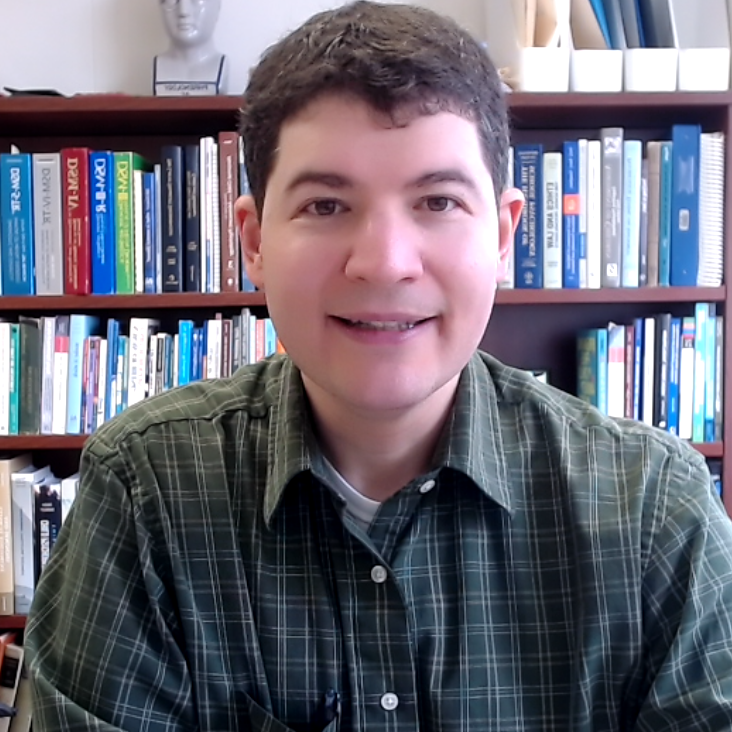Project ETUDE: Extended Time Use for Disability Equity is an exploratory research project funded by the Institute of Education Sciences (IES). Although extended time on tests is an accommodation commonly provided in schools to address the needs of students with disabilities, existing empirical work has raised questions about its appropriateness and effectiveness. Project ETUDE researchers are addressing related questions about use of extended testing time among students with disabilities using process data from the National Assessment of Educational Progress (NAEP). Their exploratory research will offer related practical considerations for policy makers, test developers, and members of school IEP/504 teams (including caregivers and students) who are seeking to ensure appropriate provision and use of extended time among students with disabilities.
Visit the Project ETUDE website to learn more about their current findings and related practical considerations for the extended time accommodation.
Project ETUDE is supported by the Institute of Education Sciences, U.S. Department of Education, through Grant R324A240095 to Michigan State University. The opinions expressed are those of the investigators and do not represent views of the Institute or the U.S. Department of Education.

Project ETUDE Research Questions & Objectives
Investigators
Dr. Sara Witmer
Dr. Witmer is Associate Professor of School Psychology in the College of Education at Michigan State University. She has taught many courses on assessment and intervention for future school psychologists and directed related federally-funded training grants. She has co-authored books on inclusive assessment and accommodations for students with disabilities, and published over 50 articles and chapters on test accommodations and academic assessment and intervention.

Dr. Heather Buzick
Dr. Buzick is a Senior Research Scientist at ETS. With training in educational measurement, statistics, and evaluation, she conducts research using large-scale assessment databases in both K-12 and post-secondary contexts. Her work, including 30 publications, aims to improve measurement practices, often focusing on students with disabilities, and to inform education decision-making and has spanned various testing programs, including state accountability, admissions, NAEP, licensure, and international assessments.

Dr. Ben Lovett
Dr. Lovett is Professor of Psychology and Education at Teachers College, Columbia University. He teaches classes on psychological testing and legal and ethical issues in school psychology. In addition, he is a licensed psychologist and has served as a consultant to many schools and testing agencies. He has over 100 publications on such topics as the diagnosis of learnig and attention problems; testing accommodations for students with disabilities; and the nature and management of test anxiety.
